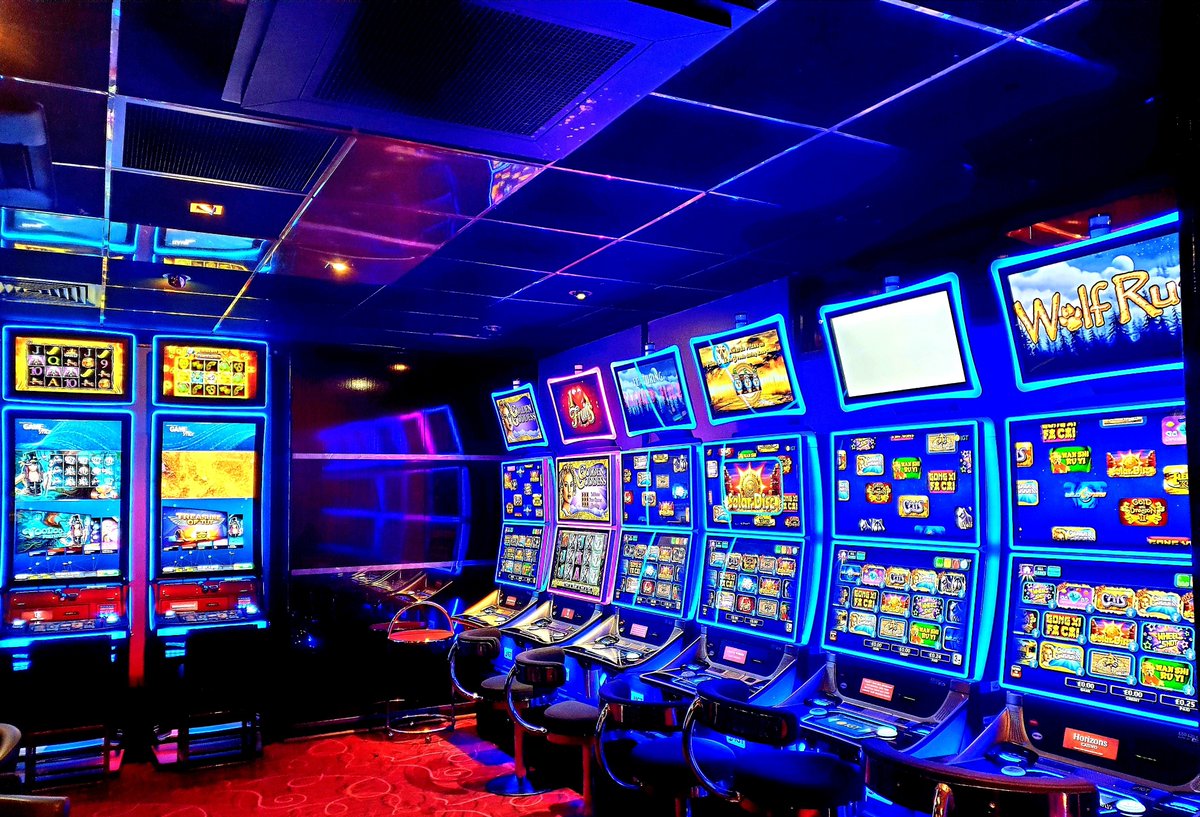
Gambling games have long been a captivating form of entertainment, drawing numerous of players from diverse cultures around the globe. From the lively casinos of the Strip to the thriving gambling halls of the Cotai Strip, these games serve as a bridge that connects people across various backgrounds. The allure of chance, strategy, and gambling entices not only those looking to strike it rich but also those looking for a shared experience.
The cultural impact of casino games extends well beyond the gaming floor. They often embody the values and beliefs of the cultures in which they prosper. Games such as seven-card stud, pontoon, and the spinning wheel have woven themselves into the fabric of mainstream culture, influencing everything from cinema to clothing. As we explore this intriguing intersection of luck and culture, we can gain insights into how casino games shape and are influenced by the world around us.
Chronological Evolution of Gambling Activities
The beginnings of casino games can be tracked back to old civilizations, where betting in various forms was extensively engaged in. In China, around 2300 B.C., a type of gambling known as Keno was common, while in ancient Rome, soldiers would regularly wager on the outcomes of their matches. The idea of using luck for fun and gain progressed over the centuries, leading to the creation of more formal games. By the end of the Middle Ages, gambling houses initiated to appear in European nations, particularly in Italy, which introduced early forms of popular activities still practiced today.
As betting gained recognition in Europe, the 17th and 18th centuries saw the rise of casinos as exclusive establishments for betting. The earliest official gambling house, the Ridotto, was founded in the city of Venice in 1638, providing activities like Baccarat games and Faro. This era marked a crucial turning point, as casinos started to draw not just the high society but also the burgeoning middle class. The sophistication of games grew, leading to the development of new rules and versions that improved the play experience.
In the 19th century, the industrial revolution and changes in social norms additionally transformed the terrain of casino games. The introduction of roulette and new slot machines drew a more diverse clientele, and casinos became seen as acceptable recreation. This period witnessed the globalization of casino activities, as gambling houses spread from Europe to the Western Hemisphere, culminating in the development of the legendary Las Vegas Boulevard in the 1900s. The evolution of gaming activities has progressed into the present day, including new technologies and digital sites, rendering them available to a global market.
### Cultural Importance in Various Cultures
Gambling games have significant cultural significance within numerous communities throughout the globe. Places like Las Vegas, the very core of the urban landscape is woven around gambling establishments, where gaming is not just a recreational activity but a fundamental aspect of social engagement and community interaction. The vivid lights and dynamic atmosphere attract a vast audience, showcasing how casino games can impact local economical structures and cultural identities. This setting transforms the notion of relaxation into an enriching event that influences style, sound, and even movies.
Conversely, some communities view gambling with greater care, viewing it through the lens of ethical beliefs and heritage. A case in point, in many Eastern communities, games like Mahjongg and Pai Gow Poker are rich with history and possess significant social meanings. These games are often played during gatherings and celebrations, fostering collective connections and solidifying familial ties. The act of participating in these games goes above mere amusement, reflecting ethics such as deference to seniors and the value of collective enjoyment.
At the same time, in continental countries such as Monaco and the Italian Peninsula, games of chance serve as symbols of luxury and refinement. The refined atmosphere of these locations attracts both tourists and locals, upholding a sense of status and elitism. The art of the game of poker and the strategic elements of games like banker’s game are esteemed, molding community relationships and cultivating an allure that captivates a diverse audience. This highlights how casino games can both reflect and shape cultural attitudes towards danger, benefit, and community interaction.
Financial Influence and Travel Industry
Casino games play a crucial role in the financial context of many areas, particularly those that rely heavily on visitor traffic. The revenue generated from casino operations fuels local economies, creating jobs not only within the casinos themselves but also in related sectors such as hospitality, dining, and entertainment. This surge of tourists, drawn by the attraction of gambling and the overall gaming environment, stimulates expenditure across multiple local enterprises, contributing to the economic vitality of the region.
The presence of casinos often leads to the development of facilities, including lodging, transportation systems, and leisure amenities. These improvements are essential in enhancing the overall tourist experience, making locations more appealing to visitors. Additionally, many casinos invest in local communities through support of events and charitable activities, further integrating themselves into the social fabric of the region. Such investment not only supports economic growth but also cultivates a positive image of the casino industry. casino sicuri non AAMS
Furthermore, the global popularity of casino games drives competitive tourism, with regions vying to attract gamblers from across the globe. Iconic locations like Las Vegas and Macau have become identifiable with casino culture, drawing millions annually. This advantage encourages creativity and diversification within the gambling sector, influencing developments in entertainment and accommodation that resonate beyond their limits. The consequences of this visitor influx extend wide, impacting local financial health and cultural exchanges on a worldwide scale.
